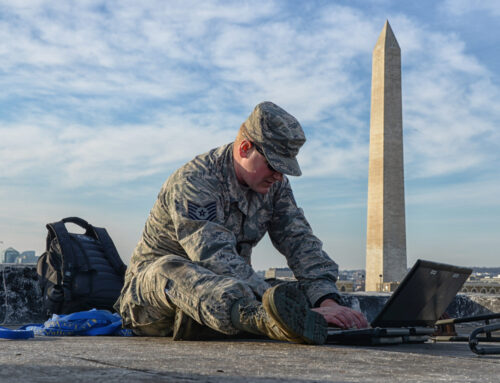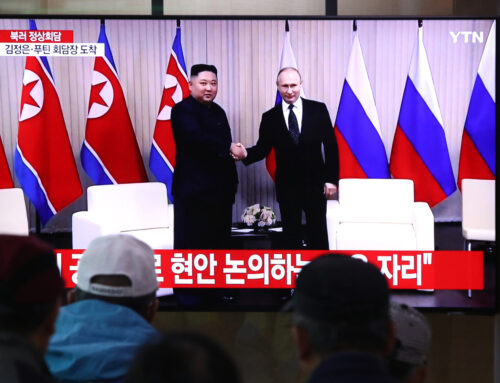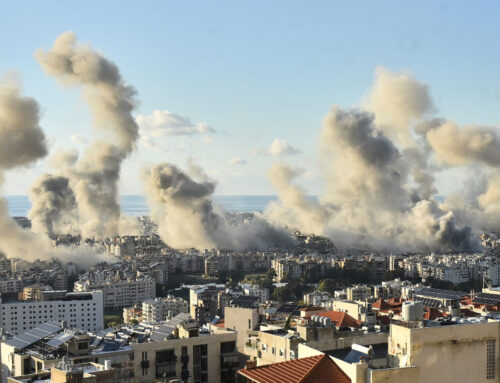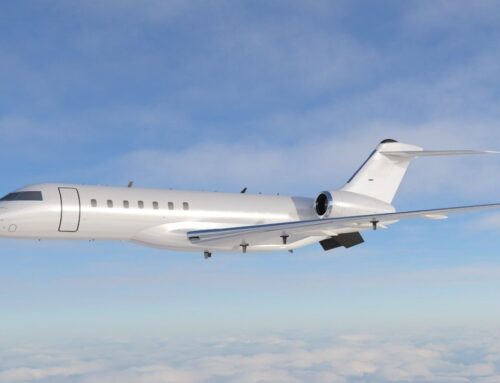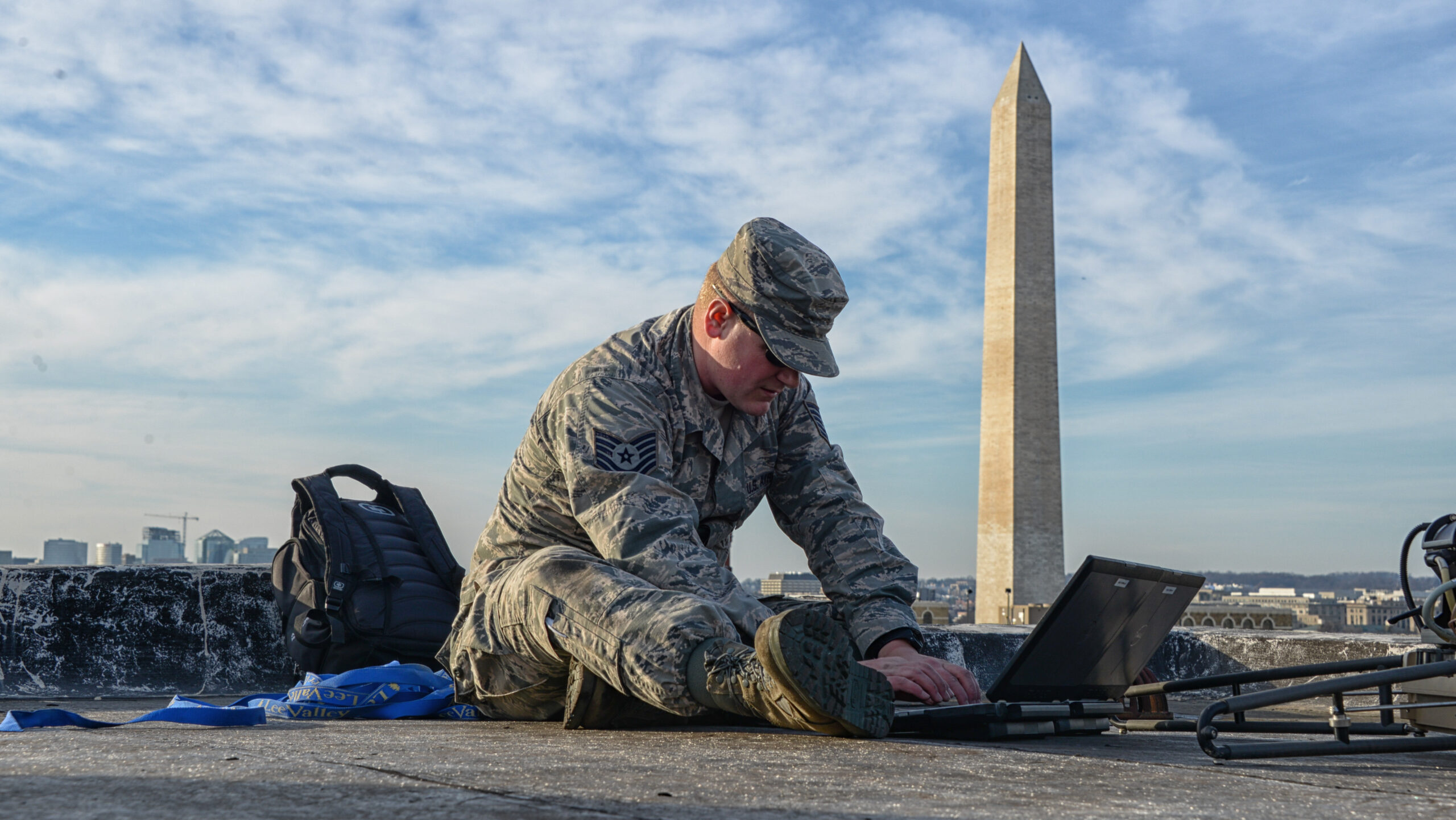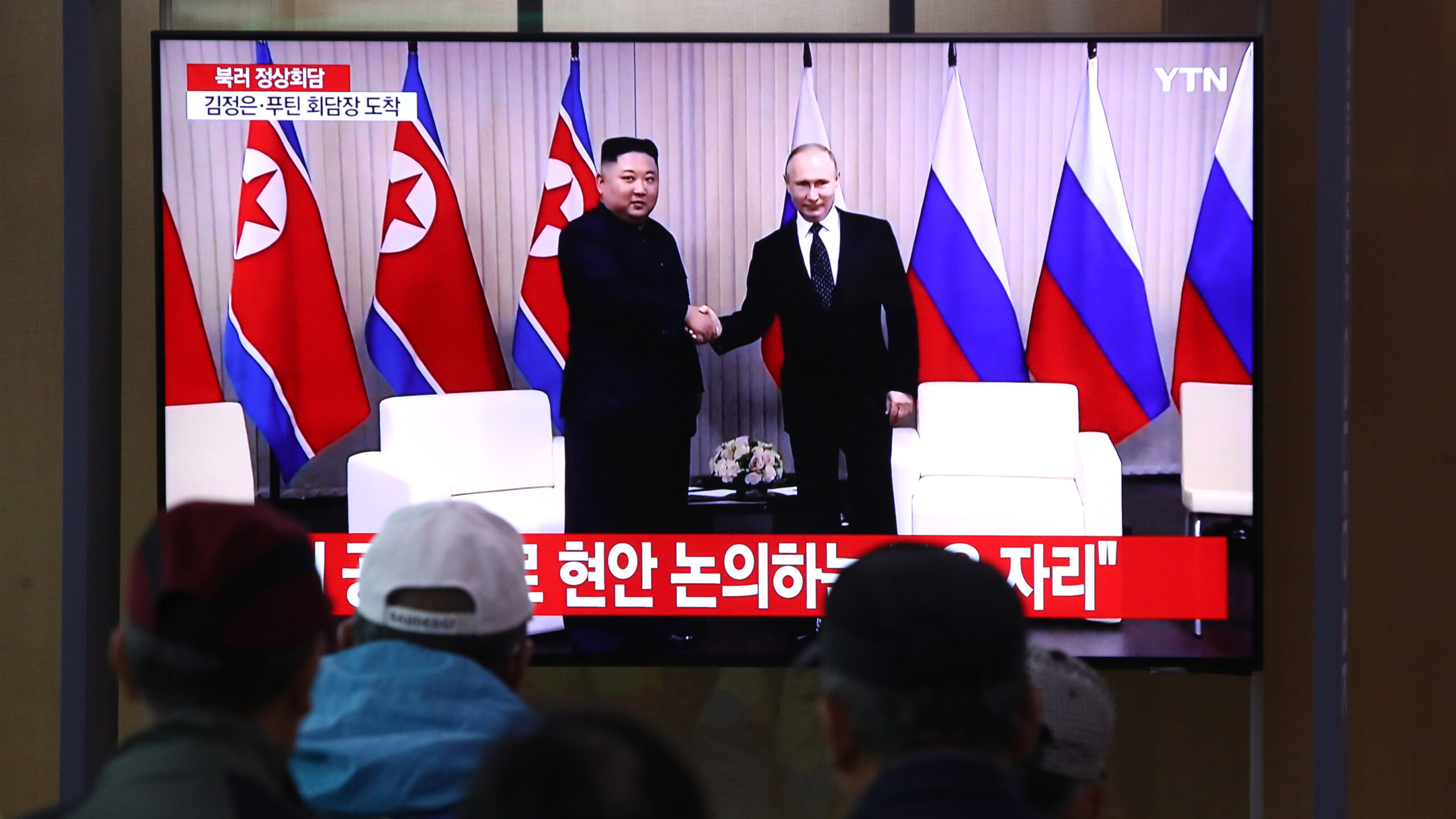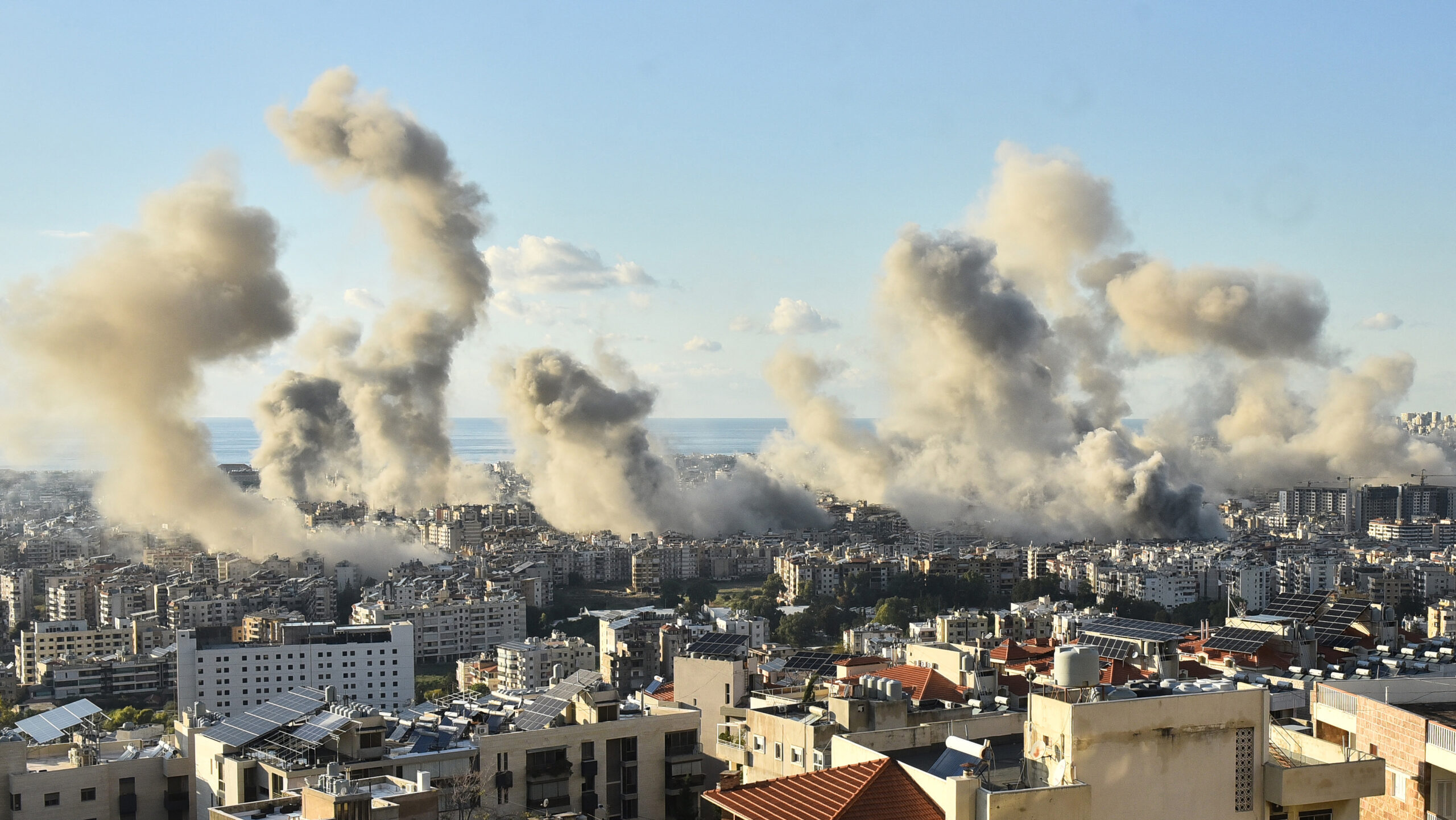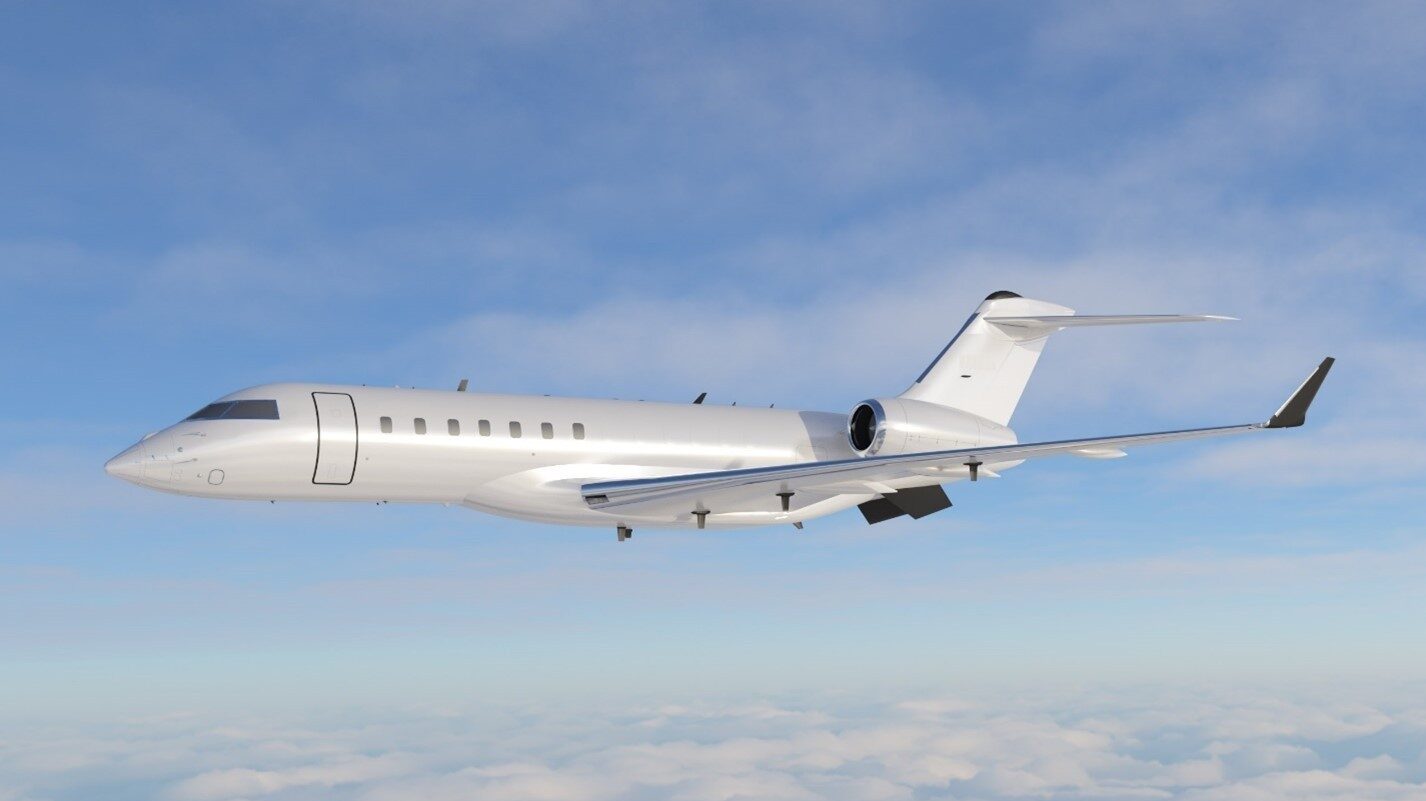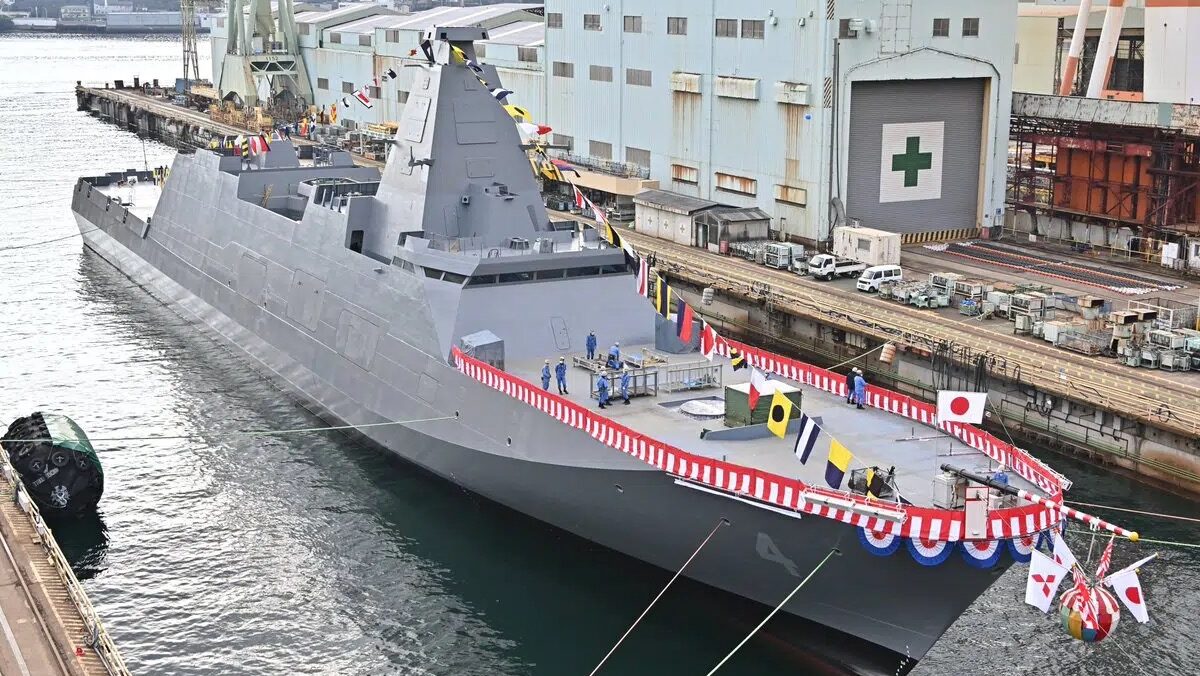A man watches a news programme about Chinese military drills surrounding Taiwan, on a giant screen outside a shopping mall in Beijing on October 14, 2024. China said on October 14 it had “successfully completed” its “Joint Sword-2024B” military exercises around Taiwan, adding the drills had “fully tested the integrated joint operation capabilities of its troops”. (Photo by GREG BAKER / AFP) (Photo by GREG BAKER/AFP via Getty Images)
SYDNEY — China’s decision to launch its largest-ever air operation in Taiwan’s Air Defense Identification Zone (ADIZ), while practicing a blockade of the island nation without prior notice, is aimed at sending a clear message to the government in Taipei but not starting a broader conflict, analysts says
China’s surprise exercise, dubbed “Joint Sword 2024B,” was stunning in scope. The 153 aircraft, 14 warships (including one of China’s precious aircraft carriers) and 12 Chinese Coast Guard vessels, showcasing China’s growing efficiency at joint operations, a longstanding developmental goal of the PLA.
The operation occurred Oct. 14-15, just days after Taiwan’s National Day on Oct. 10, when Taiwanese president Lai Ching-te made comments which received public pushback from Beijing, which considers the democratic island as part of its rightful territory. That’s no mistake, said Bonnie Glaser, a China expert at the German Marshall Fund of the United States.
“Since the PLA operates on almost a daily basis in Taiwan’s ADIZ, they likely sent higher numbers of military aircraft and ships to ensure that Lai gets the message that Beijing strongly opposes what they view as his provocative pro-independence rhetoric.” Glaser wrote in an email.
The impressive deployment of such a large force in the air and at sea demonstrates that the Peoples Liberation Army, working with the Chinese Coast Guard, “has attained a position where it could theoretically mobilize assets and organize an air and naval blockade around Taiwan, and these forces are believed to be all coordinated and working in sync,” Collin Joh, a defense analyst at Singapore’s Institute of Defense and Strategic Studies at Nanyang Technological University, said in an email.
With today’s military exercises, China aims to undermine regional stability & the status quo, failing to live up to global expectations. While Taiwan remains open to cross-strait dialogue & exchanges, we are determined to protect our free & democratic constitutional system.
— 賴清德Lai Ching-te (@ChingteLai) October 14, 2024
This exercise, Joh said, should not be dismissed as “mere posturing,” noting that the Taiwanese have warned that such constant pressure and large exercises “are blurring the lines between posturing and the real thing,” making misadventure more likely.
Joh said Chinese forces have been “creeping much closer towards Taiwan” and are increasingly close to the 24-mile limit known as the Contiguous Zone. Crossing into that zone could trigger a Taiwanese military response.
But China, he said, “is assiduously trying to avoid making the first move” at the same time it tries to bait the Taiwanese to make a rash move that could give the PRC the pretext for military retaliation.
Glaser also downplayed the notion that this is a precursor to an imminent invasion, saying that she did not think China has changed its military intentions toward what Beijing regards as a renegade province and said, “this is not a propitious time for China to use kinetic action against Taiwan.” The Chinese economy is sputtering under massive debt and the early effects of a declining population.
Australia and the United States both condemned the Chinese maneuvers.
“This military pressure operation is irresponsible, disproportionate, and destabilizing,” Maj. Gen. Pat Ryder, Pentagon spokesman, said in a statement this morning. “As the White House noted last week, it is a long-standing tradition for Taiwan’s president to deliver remarks on 10/10. It is a routine, domestic-focused address that has historically prompted little response from the PRC. Still, the PRC has chosen this opportunity to take provocative, military action.”
Australian Foreign Minister Penny Wong, through a spokesperson, called the exercise “deeply concerning” and called on China “to refrain from actions that increase the risk of accident and potential escalation.”



